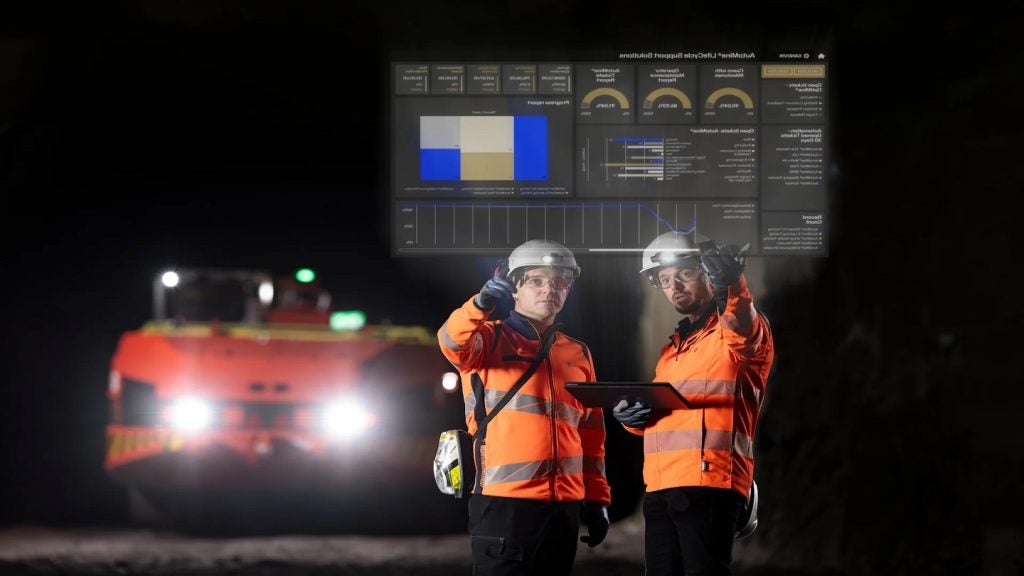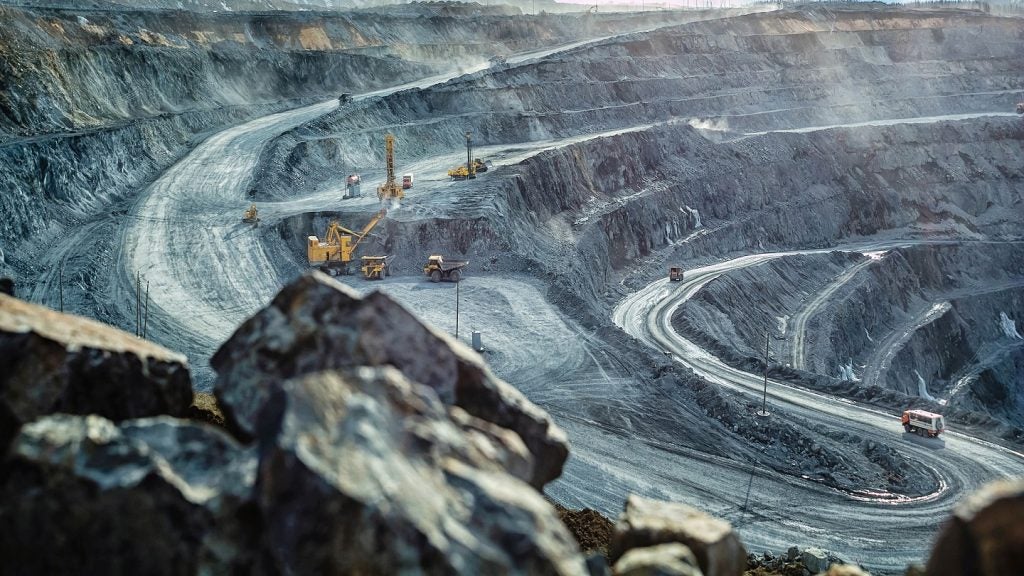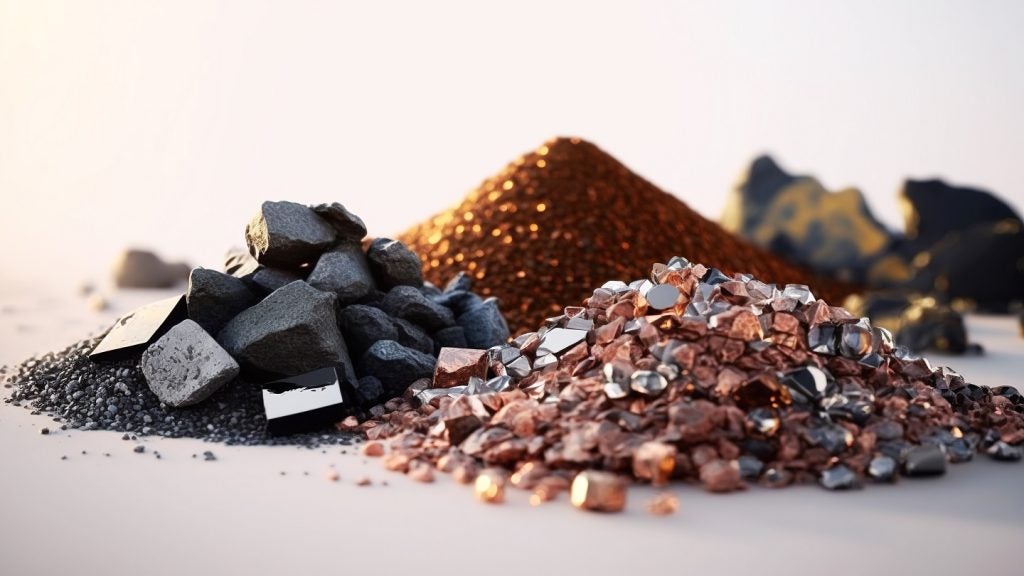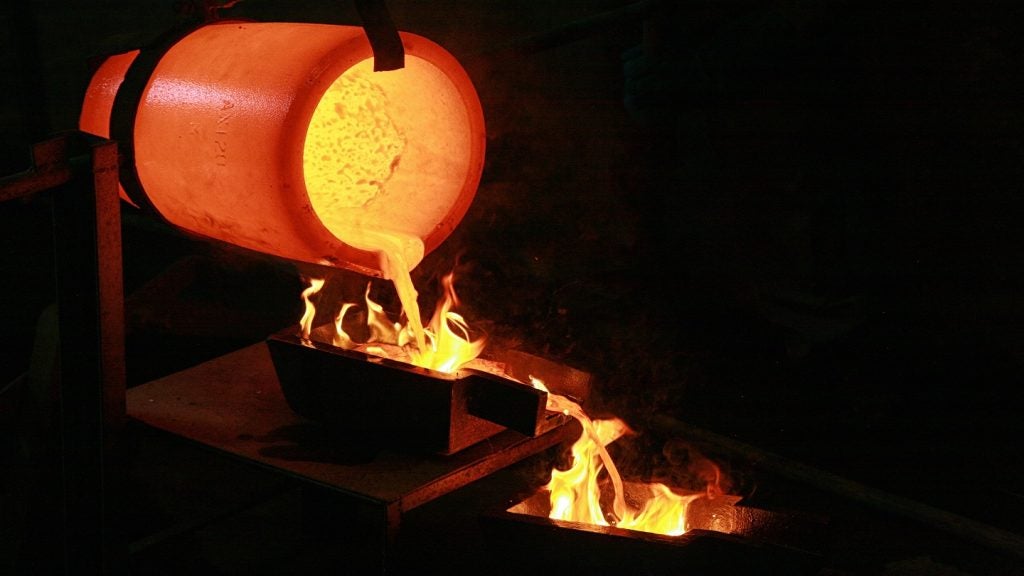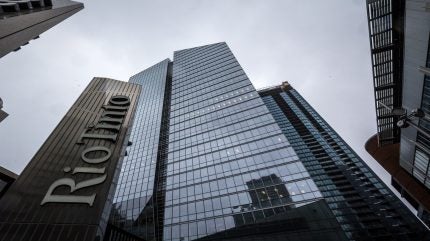
Mining giant Rio Tinto has announced a $143m investment to establish a research and development (R&D) facility in Western Australia, to advance its BioIron process for low-carbon ironmaking.
This facility, located in the Rockingham Strategic Industrial Area, is a significant step towards decarbonising the global steel value chain.
Following successful trials in Germany, the new facility will scale up the innovative ironmaking process, which utilises biomass and microwave energy to convert iron ore into metallic iron during steel production.
This method has the potential to slash carbon emissions by up to 95% compared to traditional blast furnace techniques.
In this context, Rio Tinto highlighted the steel industry’s significant carbon footprint, accounting for 8% of global emissions and 69% of the company’s scope 3 emissions in 2023.
It added that the BioIron process, a result of a decade of research by Rio Tinto’s steel decarbonisation team, consumes around 33% of the electricity of other renewable hydrogen-based steelmaking processes.
How well do you really know your competitors?
Access the most comprehensive Company Profiles on the market, powered by GlobalData. Save hours of research. Gain competitive edge.

Thank you!
Your download email will arrive shortly
Not ready to buy yet? Download a free sample
We are confident about the unique quality of our Company Profiles. However, we want you to make the most beneficial decision for your business, so we offer a free sample that you can download by submitting the below form
By GlobalDataThe pilot plant at the BioIron facility will be ten times the size of the German prototype and marks the first semi-industrial scale trial of the process.
Capable of producing one tonne of direct reduced iron per hour, the plant will generate essential data for the technology’s future upscaling.
Its design is a collaborative effort involving the University of Nottingham, Metso, and Sedgman Onyx.
Rio Tinto explained that the equipment fabrication is set to commence this year, with the plant’s commissioning forecast for 2026.
The construction phase is expected to create up to 60 jobs.
Once operational, the BioIron facility will employ around 30 full-time staff and serve as a hub for equipment testing and workforce development in steel decarbonisation.
Additionally, the facility will support local universities and research institutions.
The company is committed to using sustainable biomass sources such as agricultural byproducts and has engaged with environmental groups to exclude biomass from old-growth and High Conservation Value forests.
Rio Tinto Iron Ore CEO Simon Trott said: “The world needs low-carbon steel to reach net zero, and we are working to make this a reality by finding better ways to turn our Pilbara ores into steel.
“BioIron is a world-first technology that has the potential to play a significant role in a low-carbon steel future.
“This research and development facility will further test the BioIron process, showcase Western Australian innovation capability, and further demonstrates Rio Tinto’s commitment to supporting and enabling the decarbonisation of the steel industry.”
Rio Tinto was recently also in the news for agreeing to acquire Sumitomo Chemical Company’s 20.64% stake in New Zealand Aluminium Smelters (NZAS), which will help it gain full ownership of NZAS.




